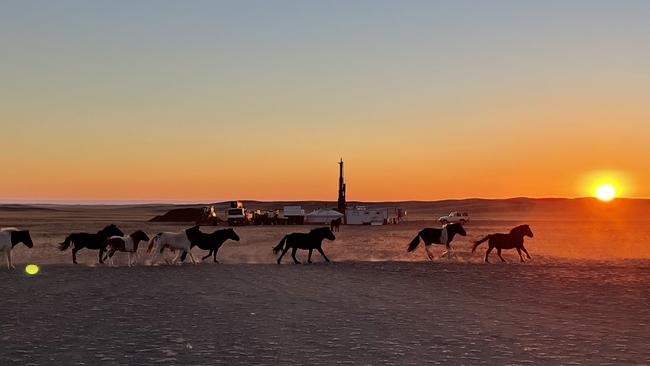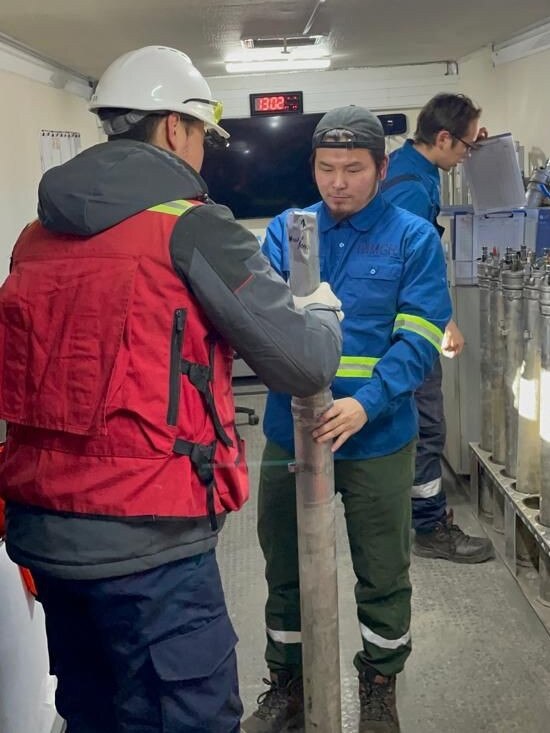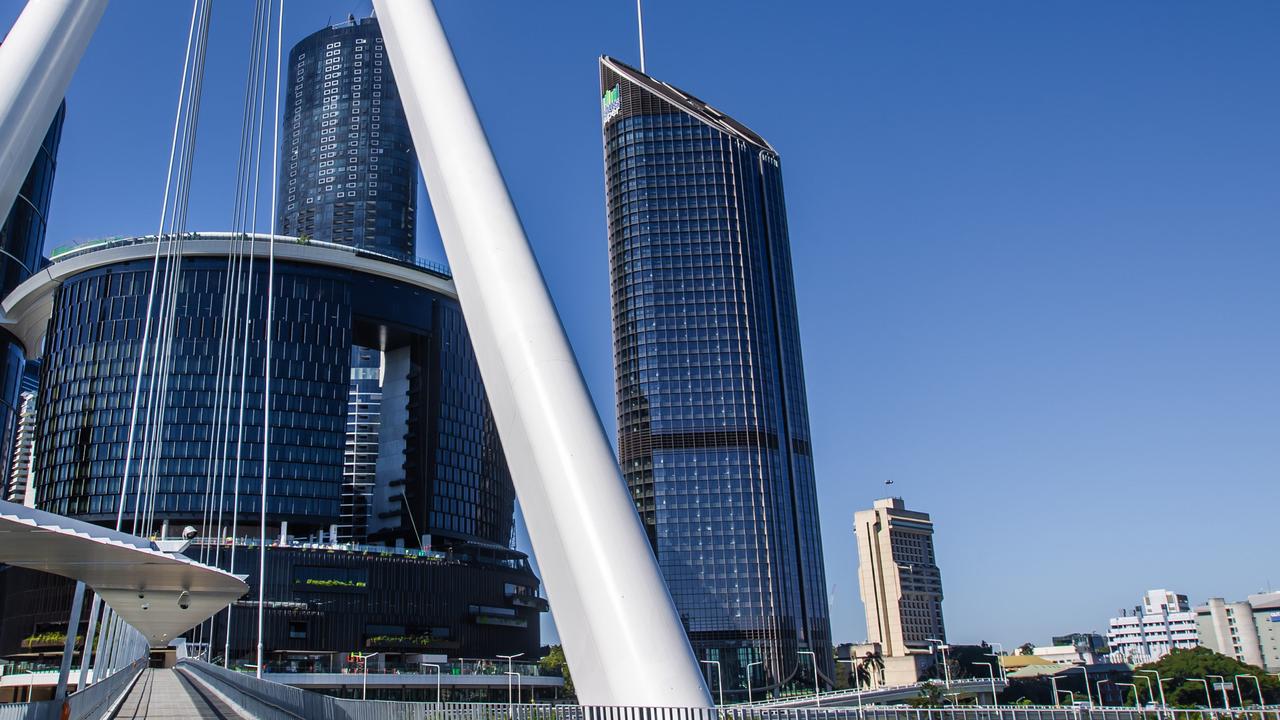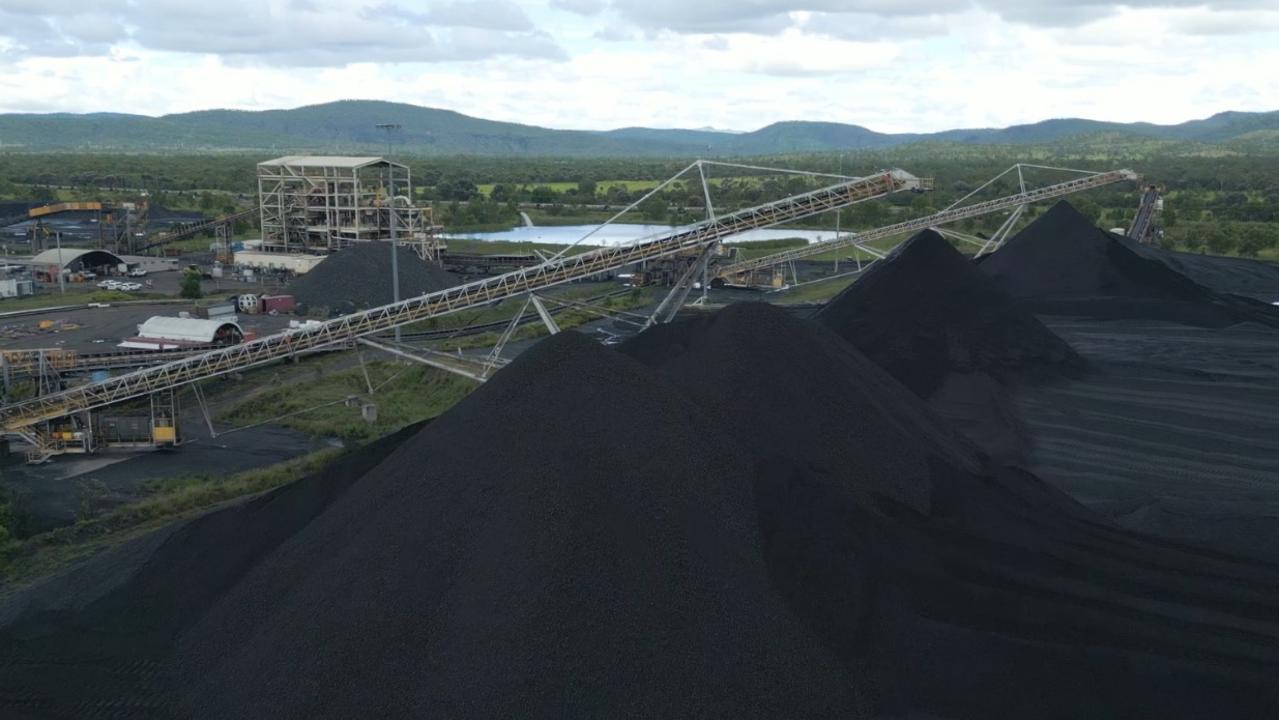Elixir and Jade among Australian energy firms to target Mongolia gas
Mongolia is shaping up to be a happy hunting ground for Australian energy investors looking to tap its vast coal reserves for gas.

Business
Don't miss out on the headlines from Business. Followed categories will be added to My News.
Mongolia, the windswept Asian democracy perched between two of the world’s great powers in China and Russia, doesn’t produce a single molecule of natural gas.
But that may be about to change, with the landlocked country of just 3.3 million shaping up to be a happy hunting ground for Australian energy investors looking to tap its vast coal reserves for gas.
With Australia the regional leader in coal-seam gas exploration and development, having turned the resources of southern Queensland into a world-class CSG province, investors are now turning their attention to new frontiers.
Led by Adelaide-based Elixir Energy, whose managing director Neil Young made an initial foray into Mongolia in 2011, four Australian listed companies and one private company are now on the ground in Mongolia, at various stages of exploration and development.
And many of the them, like Young, are alumni of Santos, Beach Energy and Origin, who are seeking to strike out in a new frontier for natural gas.
Young says Elixir is aiming to carry out a six-month pilot production test at its Nomgon coal bed methane discovery – the first in Mongolia – with two pilot production wells and 22 exploratory wells.
He says Elixir is effectively providing the proof of concept that gas extraction is feasible in Mongolia, and says the eventual owner and developer of the asset will be a larger company able to fund the infrastructure investment. “A very large resource would be pointed south,’’ he says.
“China imports gas, pays world pricing to do so, and has effectively inexhaustible demand for new sources of gas.
“A more modestly sized resource, which could be on the pathway to a larger one, could point towards (Rio Tinto’s copper mine) Oyu Tolgoi.’’
Young says Elixir’s success in Mongolia since listing in 2018 has probably inspired others to look to the developing nation, with the company now worth about $160m.
Elixir is also looking to “materially advance’’ a 10MW pilot project producing green hydrogen, made using renewable energy.
The company signed a memorandum of understanding with the Mongolia Green Finance Corporation in January for the Gobi H2 project, and is evaluating local wind and solar resources.
“This project seeks to leverage Mongolia’s key energy supply advantage – immediate proximity to the world’s largest energy importer – by supplying China with green hydrogen in the future,’’ Young wrote in the company’s most recent quarterly report.
“It is increasingly my view that Gobi H2 is emerging as one the best potential green hydrogen export projects globally. It has the key ingredients of immediate proximity to market, great renewable resources, access to groundwater supplies, etc.’’

A more recent entrant to the listed space is Jade Gas, headed by Chris Jamieson, a former executive at Beach Energy.
Jamieson took the top job at Jade in November after a suite of Mongolian methane assets were backdoor-listed into the former High Grade Metals ASX shell, with the company relisted in October.
Other players include Telmen Energy which came into being just last week through another backdoor listing, and Talon Energy, which is farming into Telmen’s 100 per cent-owned Gurvantes project.
Jamieson says Jade has a busy year ahead, assessing its flagship project which sits atop the massive Tavan Tolgoi coal deposit, which reportedly could turn Mongolia into one of China’s top coal suppliers once developed.
Tavan Tolgoi is one of the world’s largest coal deposits, but Jamieson says the Mongolian government, which has a 40 per cent equity stake in the Jade project, is keen to diversify its energy supply, particularly into cleaner burning fuels.
Jamieson says Jade’s pre-listing drilling program chasing gas in the coal seams found “gassy coals”, which gave the company’s backers the confidence to list on the ASX.
“We’re in the midst of the first drilling program as a listed company,’’ he says.
“Mongolia is very much looking towards Australia because we are the ones who have really developed coal-seam gas, or coal bed methane.
“We only started it 20 years ago but off the back of it we’ve got three LNG terminals exporting a truckload of gas.”
Jamieson says Mongolia’s capital Ulaanbaatar has some of the most polluted air in the world during winter, with three Soviet-era coal-fired power stations partly to blame, along with fuel sources used by the local population to cook and keep warm, such as briquettes.
“The government is so keen to clean up its energy mix,’’ he says.
Jade has three Mongolian projects, with Tavan Tolgoi the first target, where a six-well drilling program is under way.
Jamieson says the early path to market could be trucking gas in collaboration with Jade shareholder UB Metane, the largest gas distributor in Mongolia.
“The other options are: there is a town of about 10,000 people nearby (and) Oyu Tolgoi (Rio Tinto’s copper mine) is about 80km away.
“If you really had something of scale you’d build a pipeline to Ulaanbataar and build a gas-fired power station.’’
That would cost potentially in the realm of $US700m ($975m), so significant resources would need to be defined, but powering the capital in a cleaner manner is the endgame for the government.
“It’s also about energy independence, it’s about not importing gas from Russia and electricity and diesel from China,’’ he says. “They’re really keen to build the industry.’’
At Telmen and Talon’s Gurvantes project, the partners have had their environment impact assessment approved, and drilling is scheduled shortly in the Nariin Sukhait region, home to a number of open-cut coal mining operations.
“The area is known to contain two very thick, high quality coal-seam groups, and preliminary data from a series of five wells indicates high gas contents,’’ Talon told the ASX recently.
“The drilling is the first step in the process of upgrading the independently certified 5.96 TCF (trillion cubic feet) gross prospective resource to contingent resources.
“This will be a major milestone in the potential establishment of a world class gas project adjacent to one of the world’s most important gas markets, in China.’’
Originally published as Elixir and Jade among Australian energy firms to target Mongolia gas



